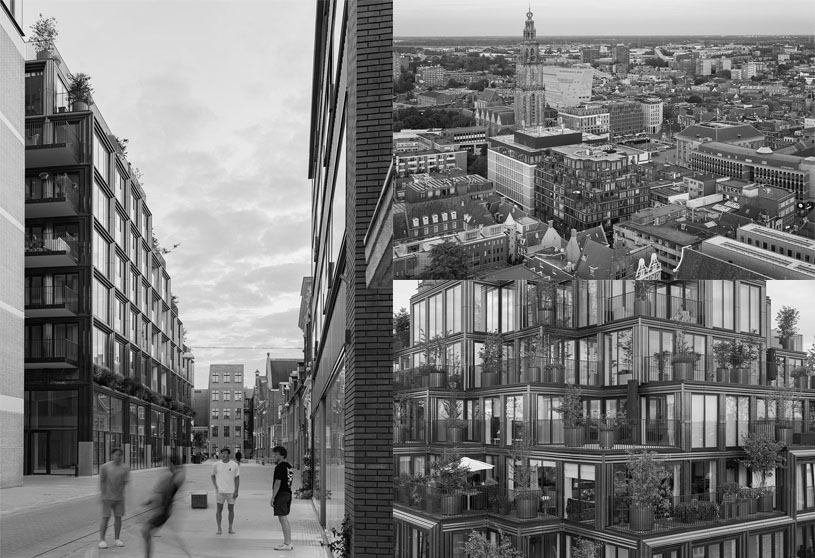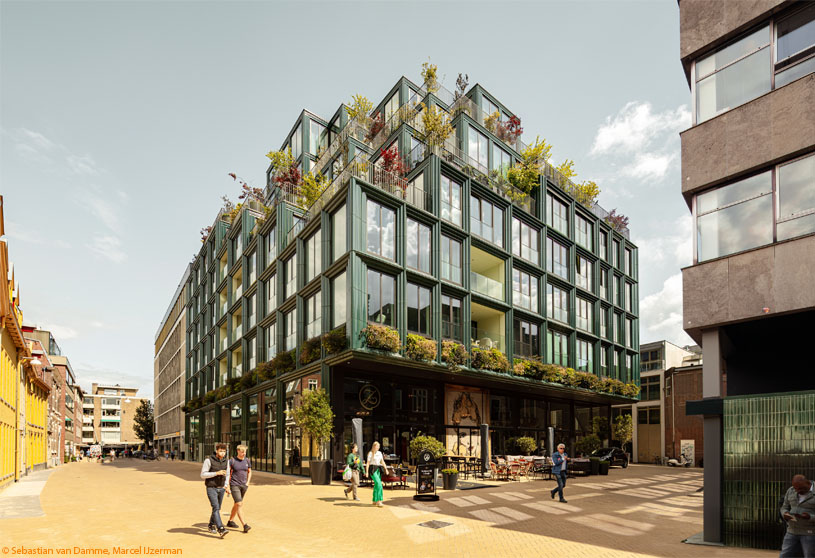(“Text as taken from the website”)
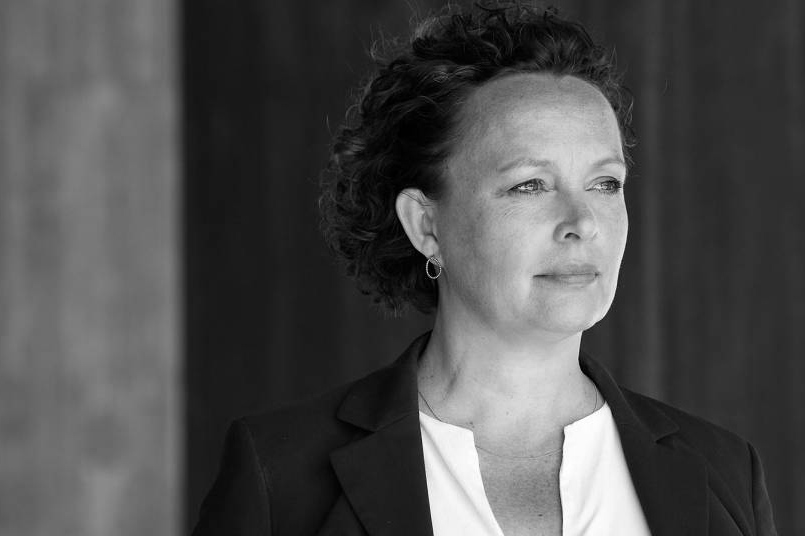 Ellen Schindler
Ellen Schindler
As CEO at De Zwarte, Hond Ellen Schindler is responsible for business strategy and development, branding, PR and communication, the academy, and internationalization. Together with Jeroen de Willigen and Eric van Keulen, she is part of the management team.
“For me, De Zwarte Hond represents social engagement and quality. Complex global issues, such as urbanization, sustainability, or mobility, are translated to a human scale.”
Ellen Schindler previously worked as a partner and CEO at Kossmann.dejong Exhibition Architects. With her strategic vision, organizational talent, and ability to connect people, she developed Kossmann.dejong from a national design firm into an award-winning international studio with projects across the globe, operating in 15 countries on three continents.
At De Zwarte Hond, Ellen has one main goal, both for the team and for the agency itself: to enable developments.
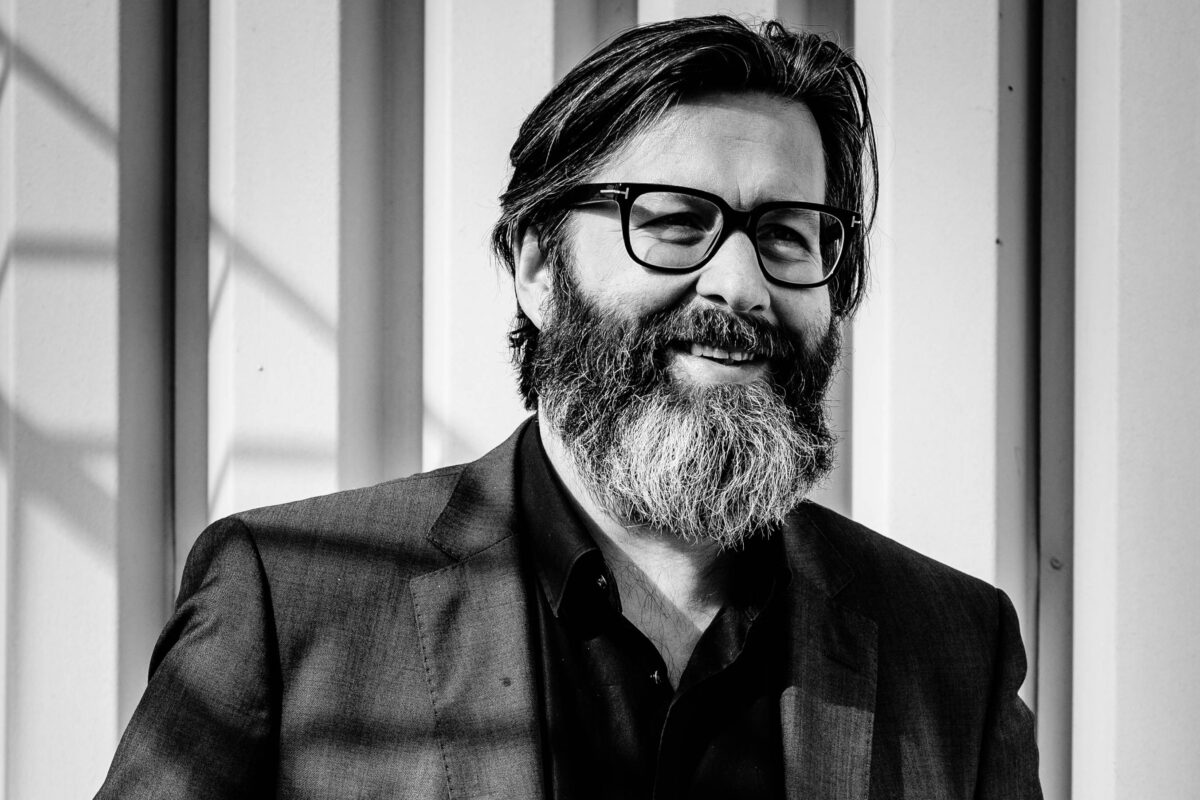 Jeroen de Willigen
Jeroen de Willigen
Jeroen de Willigen is partner and creative director at De Zwarte Hond. Educated at Delft University of Technology and graduating in 2015 with an MCD (Master City Developer) from Erasmus University Rotterdam, he won the MCD thesis prize in 2015 with his thesis, “The Value of the Structure.”
From 1996 to 1998, De Willigen worked at West 8, after which he founded the urban development department at De Zwarte Hond. In 2001, he became a partner and, from 2011 on, creative director. Within De Zwarte Hond, De Willigen is responsible for numerous urban development projects, such as The Blue City in the Oldambt, Groeseind and the Zeehelden and Uitvindersbuurt in Tilburg, De Florijnas and the Station area in Assen, De Grunobuurt in Groningen, and Hart van de Waalsprong in Nijmegen. He also acts as a supervisor in various urban developments, where he uses his design expertise to solve social and economic issues.
Between 2008 and 2012, De Willigen was coordinator of urban development at the Academy of Architecture in Rotterdam and lecturer in Groningen and Delft. Jeroen was a city architect in Groningen from 2016 to 2020.
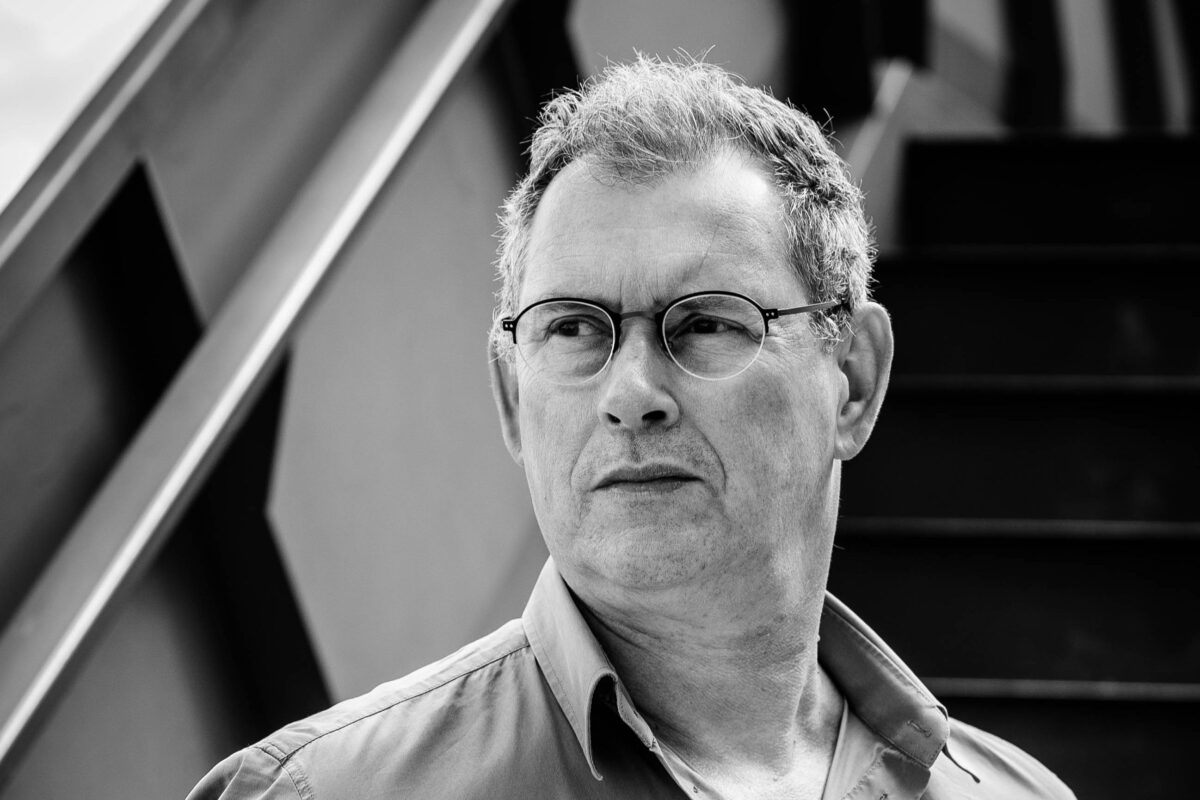 Eric van Keulen
Eric van Keulen
As business director, Eric van Keulen (1964) is responsible for the business side of De Zwarte Hond. After studying environmental science, he started his career in soil remediation, waste processing, and waste collection. In 2000, he started working at De Zwarte Hond, where he has been named a partner since 2005.
Together with Jeroen de Willigen and Ellen Schindler, he forms the management team of De Zwarte Hond. His responsibilities include business development, finance, and legal affairs.
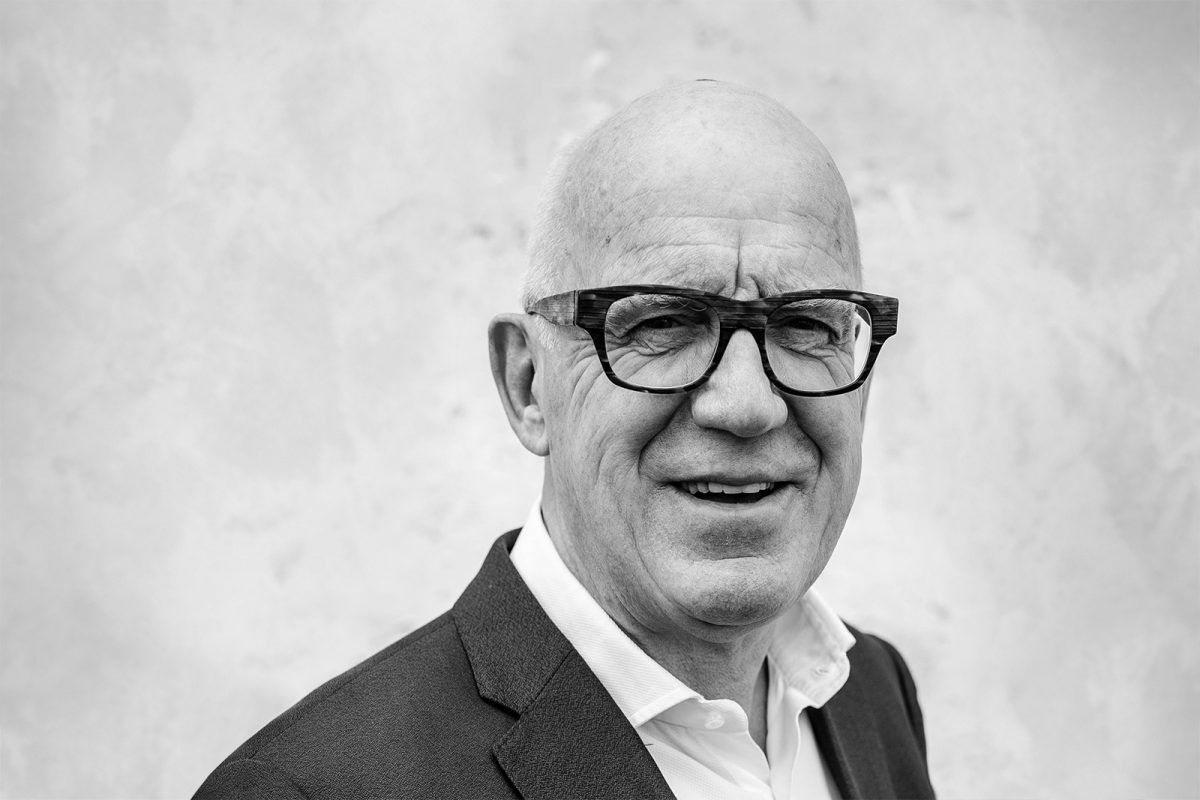 Jurjen van der Meer
Jurjen van der Meer
Jurjen van der Meer (1953) is the founder of De Zwarte Hond. After studying architecture, he worked for a number of years in Berlin, after which he founded Karelse Van der Meer Architects together with Thon Karelse. In 1992, the Groningen office expanded with an office in Rotterdam, followed by Cologne, Germany, in 2011. Since 2004, the agency has been named De Zwarte Hond.
Jurjen has been working from Groningen for more than 30 years on a wide variety of architectural projects. With his extensive knowledge and down-to-earth attitude, he inspires and coaches the younger designers.
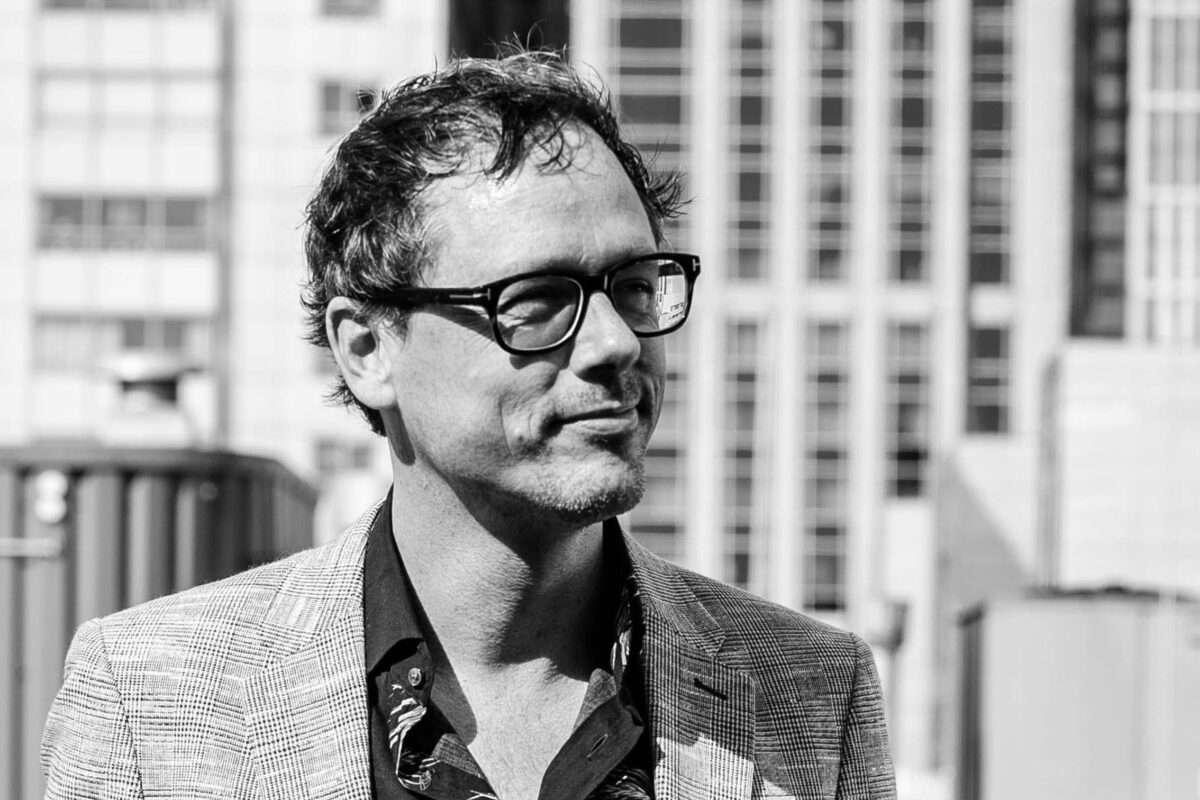 Bart van Kampen
Bart van Kampen
Architect Bart van Kampen (1975), together with Daan Zandbelt, is at the helm of De Zwarte Hond office in Rotterdam. He is a very committed, energetic designer who, together with clients, users, consultants, and contractors, creates a widely supported design for stimulating and pleasant learning and living environments.
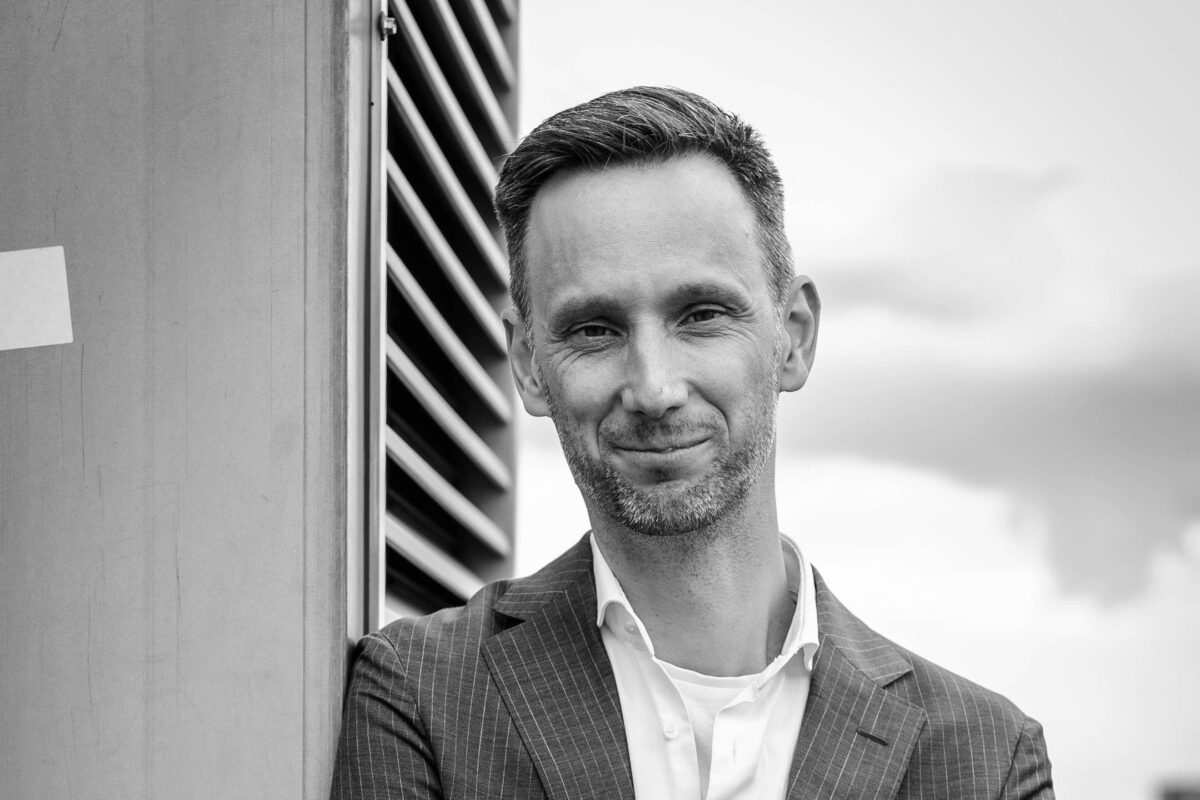 Erik Roerdink
Erik Roerdink
Erik Roerdink (1982) is an architecture partner who leads the team of De Zwarte Hond in Groningen together with Henk Stadens. Erik started his career at De Zwarte Hond. He then changed to DAAD Architecten in Beilen, where he worked alongside his studies at the Academy of Architecture. Here, he developed into a passionate and decisive designer. Erik makes connections between people, always keeps an overview at all levels of scale, and ensures that ambition and reality are aligned.
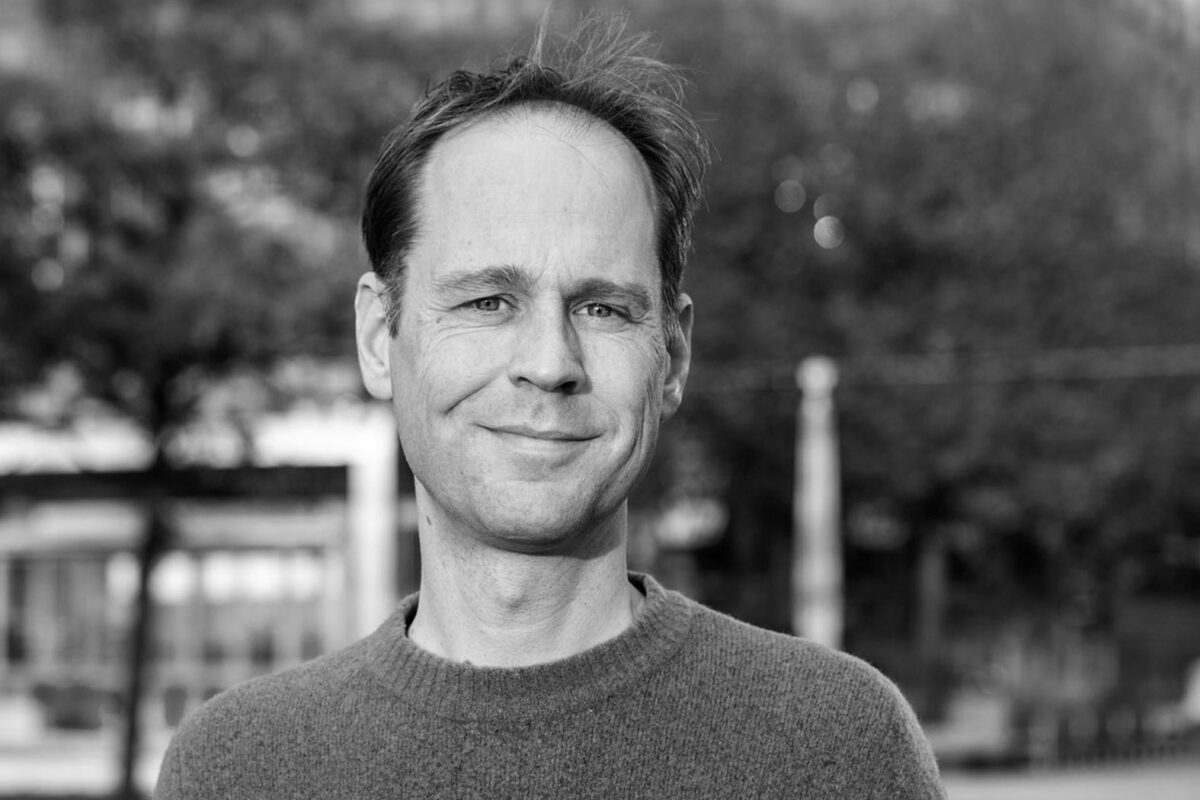 Daan Zandbelt
Daan Zandbelt
Daan Zandbelt (1975), together with Bart van Kampen, heads the De Zwarte Hond office in Rotterdam. He works on complex urban projects that vary from regional structural visions to spatial urban development and architectural interventions.
Previously, Daan Zandbelt ran the Zandbelt & vanden Berg office together with Rogier van den Berg. From 2016 to 2020, in addition to his work for De Zwarte Hond, he also worked as a government advisor and, together with Berno Strootman and Government Architect Floris Alkemade, advised the government on spatial and social issues for four years. On a regular basis, Daan is part of various quality teams.
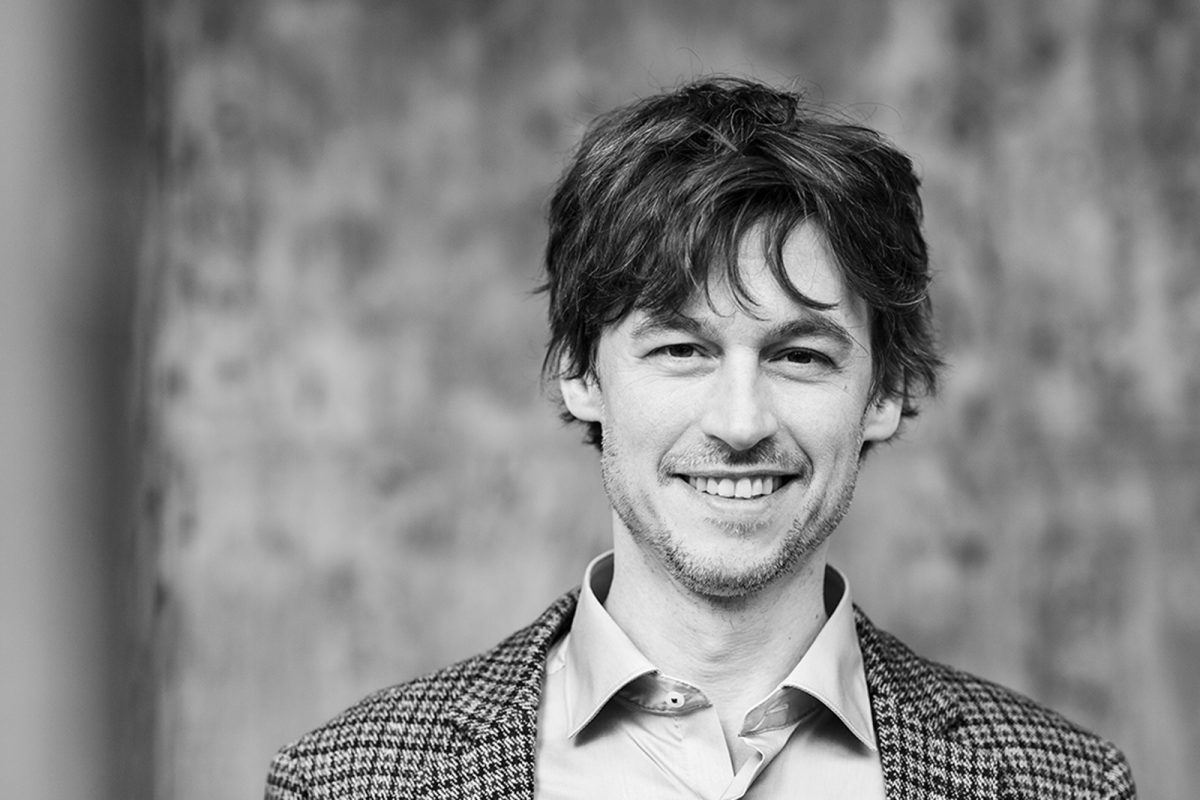 Matthias Rottmann
Matthias Rottmann
Matthias Rottmann (1974) is in charge of De Zwarte Hond in Cologne. Before opening the German office in 2010, he worked for some time as an architect and urban planner at De Zwarte Hond Rotterdam. His expertise lies in large-scale infrastructure projects and urban transformation assignments. Matthias is actively involved in the architectural debate, publishes, and is regularly associated with various architecture courses in the Netherlands and Germany as a guest lecturer and critic.
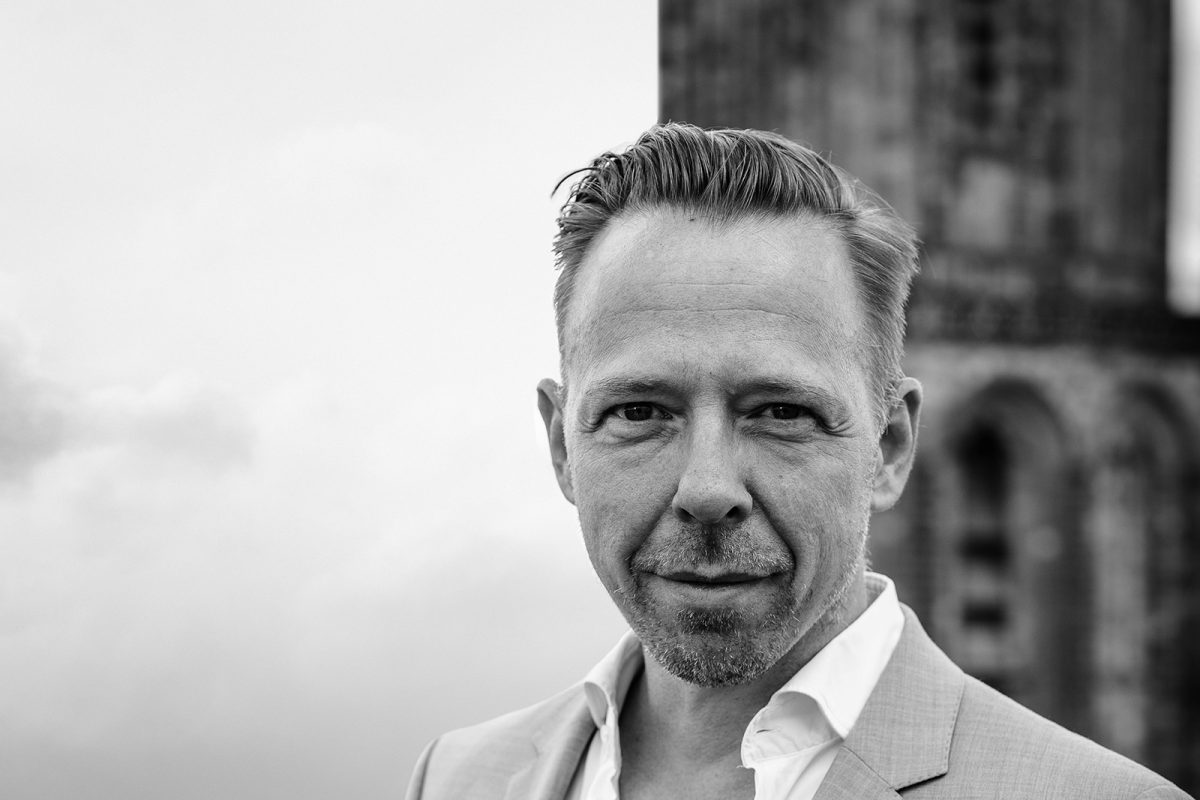 Henk Stadens
Henk Stadens
Architect Henk Stadens (1969), together with Erik Roerdink, leads the Groningen office of De Zwarte Hond. With his team, he works on projects ranging from large-scale DBFMO assignments for theatres and town halls to private holiday villas. In addition to craftsmanship, his work shows a great commitment to what moves users and what they want from their buildings. In the past, Henk has also taught at the Academy of Architecture in Maastricht.
Practice Ideology
De Zwarte Hond is a design agency for architecture, urban design, and strategy, with offices in Groningen, Rotterdam, and Cologne. Through a combination of social commitment and craftsmanship, the firm creates high-quality projects that are sensitive to their context, the needs of users, and the vision of the customer.
De Zwarte Hond has an overview of the various forces that play a role in a given place. They can calculate what will add value and improve the quality of life—for residents, the street, the neighbourhood, and the city. Their designs are firmly grounded and speak the language of their environment, yet they display a subtle and unexpected individuality. This is the result of their detailing, their materials, their strong connection between inside and outside, and their smart and flexible use of space.
They design places, buildings, and whole environments that look out of the ordinary. Conceived, rather than created; built to last and flexible enough to move on to a new phase of life in the future. Yet their places always touch the heart. Designing and realising interwoven spaces—that’s the essence of the office—unites architecture and urban design. That combination defines them to the core.
Their projects enrich society, both economically and culturally. This means that they contribute to social development and diversity. Their projects provide connections, both social and physical. These projects stimulate meetings and social cohesion. In addition, they repair and reinforce the urban fabric.
De Zwarte Hond believes that a plan or design solves nothing in itself. At most, it can set the agenda or indicate directions for solutions. The point is that they actually know how to realise and implement it. Of course, they’re committed to the design, but they also take responsibility for the process towards realisation.
